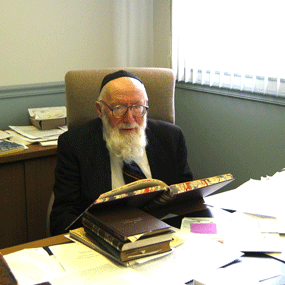Yeah, I know , I’m well a wear that I’m ripping off the title of the “most widely read philosophy book, ever”. But a good title is a good title.
All of the part of a skateboard are important, yet they function interdependantly. If you enjoy using your board then you’ll want to keep up with maintenance. Those things we really care about we try to keep functioning as best as possible, if you don’t it will be bad news. If you don’t, for example, tighten the trucks of your skateboard then the board itself will be really loose when you ride. If your grip-tape rips or gets wet, you need to replace it, or you will have trouble staying on your board. If your wheels get worn down, then you can’t skate. If you don’t maintain your board it’s a good sign that you are not to interested in skateboarding.
Now, you can have best skateboard in the world, but if you don’t practice then it’s only nothing more than a stage prop. Even Tony Hawk (a professional skateboarder) can’t do a trick or even skate without having a board beneath his feet. So part of maintenance is practice and part is actually having the board.
What’s the ‘how’ of maintenance when it comes to Yiddishkeit? That’s the question we all are asking. For me, maintenance is connected to motivation. I think, idealy, it comes from both external and internal sources. You have to want to skateboard, but you also need the skateboard. In regard to my Yiddishkeit, it’s almost the same.
I can have all the gear: Yarmulke, tzitzis, kosher kitchen, etc but if I’m not motivated, then these are ‘stage props’. I can have the strongest desire to attach myself to Hashem and plan to sit an learn but without engaging in Mitzvos and Limud Torah, this desire isn’t actualized.
I wish there was an easy answer, but each person is different. If you were born into a family that is Torah observant then there must have a point when you realized, “Wow, I’m so blessed to live a life of Torah and Mitzvos”. If you were not raised within a Torah observant framework there had to have been some point in your life that you thought, “This is beautiful and it makes sense. I want this life of observance”.
That could be your point of motivation and urge to engage in maintenance. As the title of this post suggests, for me that point was when I first started learning about how to work Mitzvos Bein Adam L’Makom and Bein Adam L’Chavero. The emphasis on this within Yiddishkeit is what “Wows” me (this was not the initial attraction for me however. I had been observant for about 3 years before I actually read any mussar. That’s for another posting).
Find what excites you. For some else it could be Shabbos, davening, chessed, the laws of Lashon Hara, Chassidus, Halacha, Gemora, lighting candles, the laws of family purity, Chumash, etc. Each of us has that one thing that, at one point, got us up in the morning. Somewhere along the way we just forgot what it was.
Keep all parts in tip top shape. Just like all the parts of a skateboard are important so is a balance between the many aspects of observant life: davening, mitzvos, learning, yom tov, nevel vasser, kavod habrios, tzedaka, etc.
Use it or lose it. For me, this what seems to work, is to simply go back and see what excited me. There is, I will admit, a great thrill and rush when you find a smooth stip of concrete and push off on your skateboard and let your own power and phsyics propel you. That thrill is only an echo of what true Avodah should be and can be.



